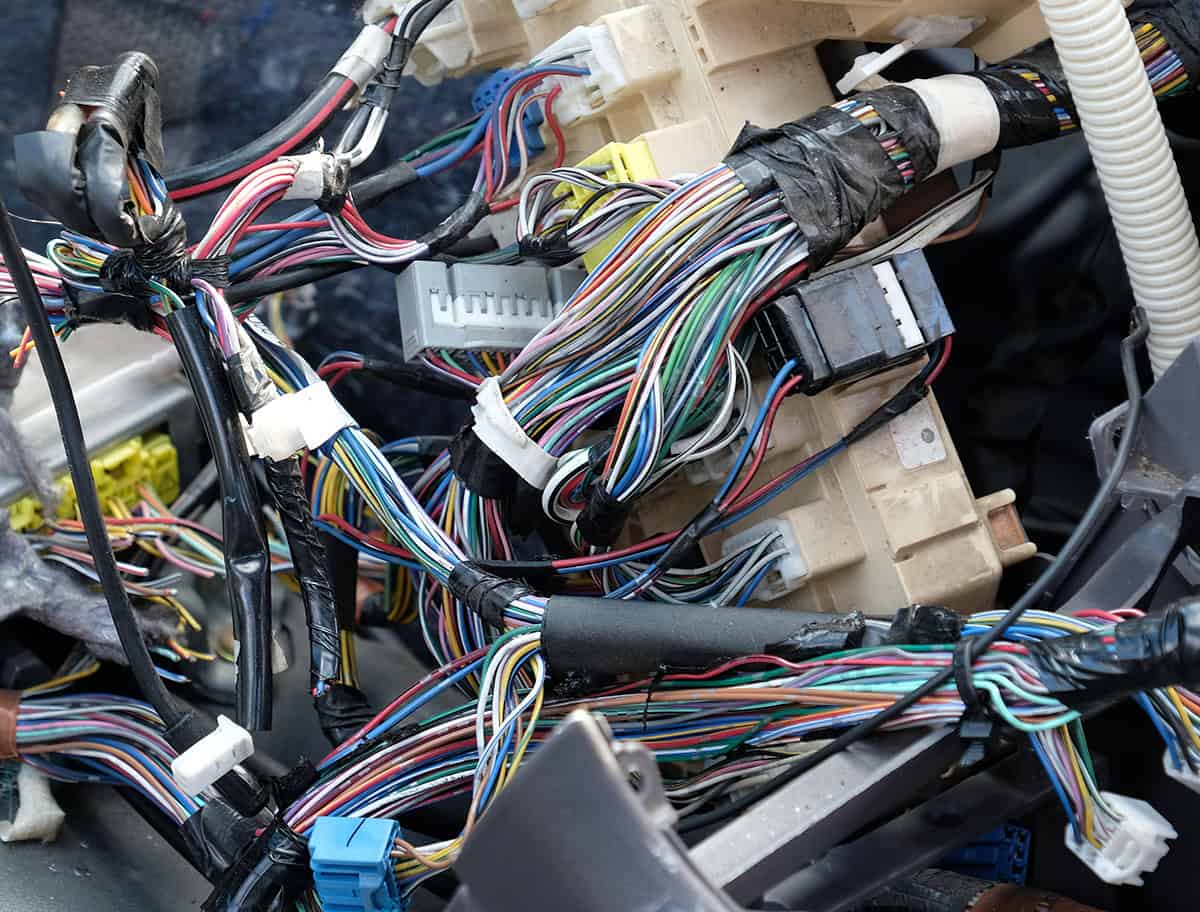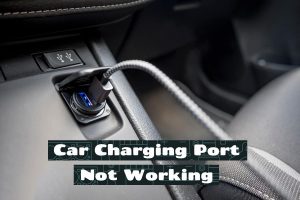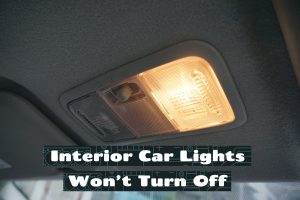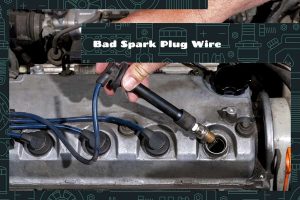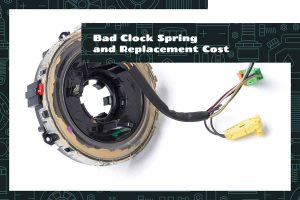Car wiring transmits electrical signals and energy to every component that needs it. From starting the ignition and powering your headlights to ensuring your radio tunes in to your favorite station, the complex labyrinth of wires under the hood plays a pivotal role. However, wiring can go bad, creating a spectrum of problems that could range from annoying to dangerous.
Signs of bad wiring in a car include:
- Unexpected battery drain: The car battery depletes faster than usual.
- Difficulty starting the car: Your car may stutter or fail to start.
- Flickering lights: Your dashboard, headlights, or interior lights flicker or dim.
- Burning smell or visible damage: Wires may be frayed, chewed, or burnt.
The forthcoming article will explore in detail the symptoms, causes, and potential solutions for bad car wiring.
Introduction to Car Wiring
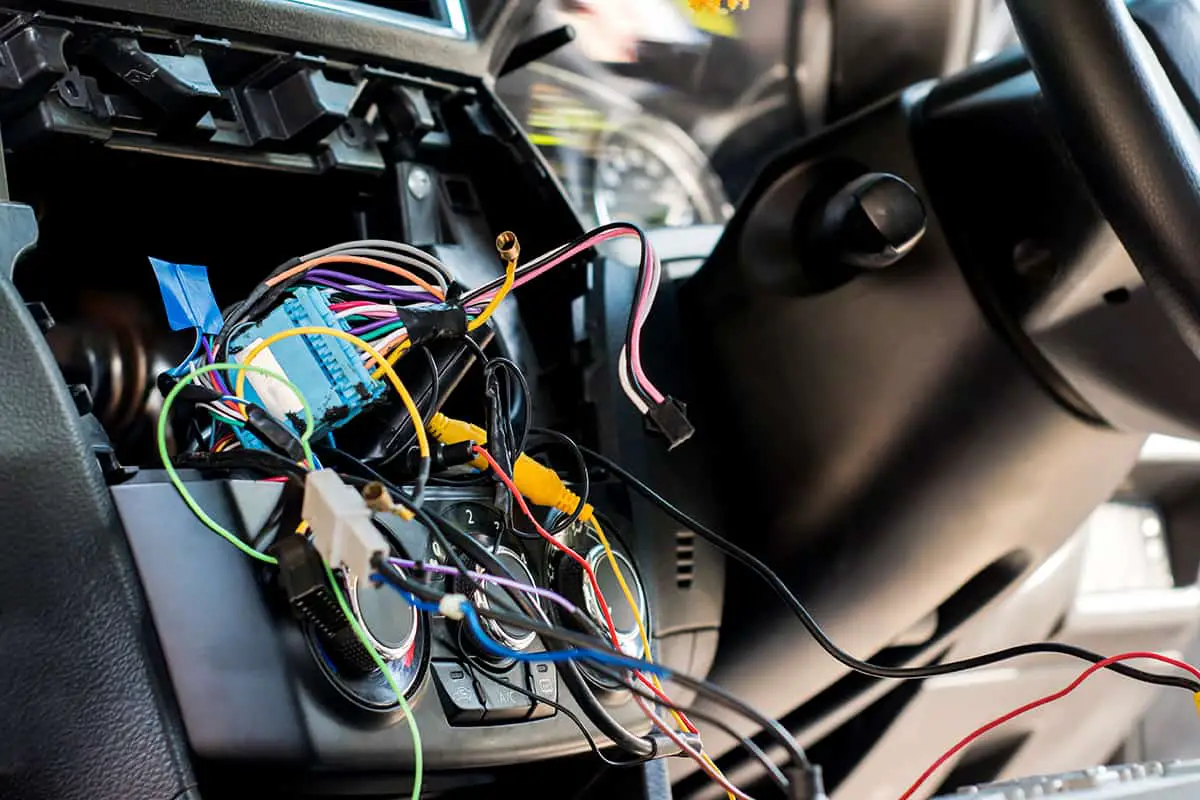
The car wiring system is a network of color-coded wires and connectors that transmit electrical power and signals throughout your vehicle. It includes components like the battery, alternator, fuse box, and numerous connectors that interconnect various electrical devices within the car.
Each wire in the system has a specific function, indicated by its color. For instance, black wires are typically ground wires, red wires often connect to the battery, and yellow wires might be used for power in the airbag system or other important features. These colors can vary based on the vehicle’s make and model, but the color-coding system allows for easier identification and troubleshooting of potential wiring issues.
Common Car Wiring Components
Common components of car wiring include:
- Battery: The primary source of electrical power when the car is off. It also provides extra power when the vehicle’s electrical load exceeds the alternator’s supply.
- Alternator: Keeps the battery charged and supplies electrical energy to the car while the engine is running.
- Starter motor: Uses electricity from the battery to start the engine.
- Fuses and Relays: Fuses prevent overloads in the electrical system, while relays control high-current circuits with a lower-current signal.
- Connectors and Wiring Harness: These join different parts of the electrical system, allowing electricity to flow and signals to be transmitted.
Recognizing the Symptoms of Bad Car Wiring
Car wiring issues can be stealthy, gradually creeping up and causing problems that are challenging to diagnose. Knowing the symptoms of bad car wiring is the first step towards timely intervention, saving you from potential safety risks and costly repairs.
1. Unexpected Battery Drain
A healthy car battery should maintain its charge when the vehicle is off. If your battery seems to deplete rapidly or dies even after being charged, it might be a symptom of bad wiring. The issue could be a parasitic drain, where electricity from the battery continues to flow even when the car is off, due to faulty wiring.
2. Problems Starting the Car
The starter motor, responsible for setting your engine in motion, requires a substantial electrical current. Faulty wiring can interfere with the current flow, making it hard for the motor to work efficiently. This issue may manifest as the car stuttering before starting, the car taking longer to start, or in extreme cases, the car not starting at all.
3. Flickering Lights and Unstable Electronics
As the electrical current flow becomes inconsistent due to bad wiring, the lights may flicker, dim, or even go out entirely. Similarly, you might notice other electronic components in your vehicle, such as your car stereo or power windows, functioning intermittently or behaving erratically.
4. Burning Smell and Visible Damage
If you notice a burning smell, it could indicate a serious wiring problem. This usually occurs when wire insulation melts due to overheating wires. Overheating can occur due to an electrical overload or if wires are frayed and making contact. Additionally, check for visible signs of damaged wiring, such as chewed, frayed, or burnt wires.
Causes of Bad Car Wiring
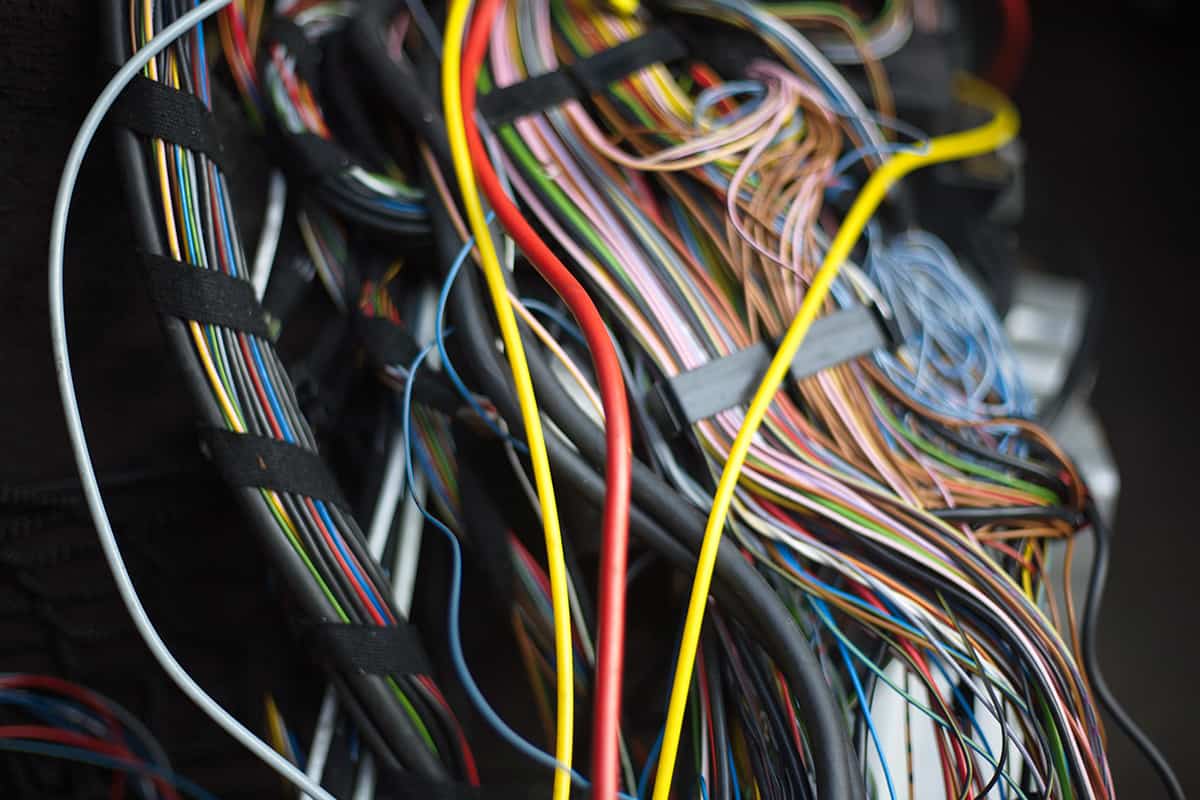
Understanding the root causes of bad car wiring can help you prevent potential issues before they escalate into significant problems. Just as an ailment in the human body can be traced back to specific causes, wiring issues in a vehicle are often a result of certain factors. This section delves into the common causes of bad car wiring.
1. Aging and Wear
The wiring system in your car is subject to wear and tear. Wire insulation can deteriorate due to heat, vibration, and the passage of time. This often leads to exposed wires that can short-circuit, posing a risk of fire. Additionally, connections can loosen over time, causing inconsistent electrical contact.
2. Incorrect Installations
For instance, installing a new stereo system or adding additional lights might interfere with the existing wiring if not done correctly. It could result in overloaded circuits, poorly insulated wires, or loose connections.
3. Accidents and Physical Damages
A heavy impact can crush wires or cause them to disconnect. Moreover, the repair work following an accident could lead to wiring issues if not done carefully.
4. Rodent Damages
Rodents, surprisingly, are a common cause of car wiring damage. They can chew through the wire insulation, leading to exposed wires that can short-circuit. This is true even if you own a newer vehicle that uses soy-based wiring insulation.
5. Environmental Factors
Excessive humidity or exposure to water can lead to corrosion in the wiring connectors. Similarly, high temperatures can cause wire insulation to deteriorate faster.
DIY Solutions for Minor Wiring Problems and When to Call a Pro
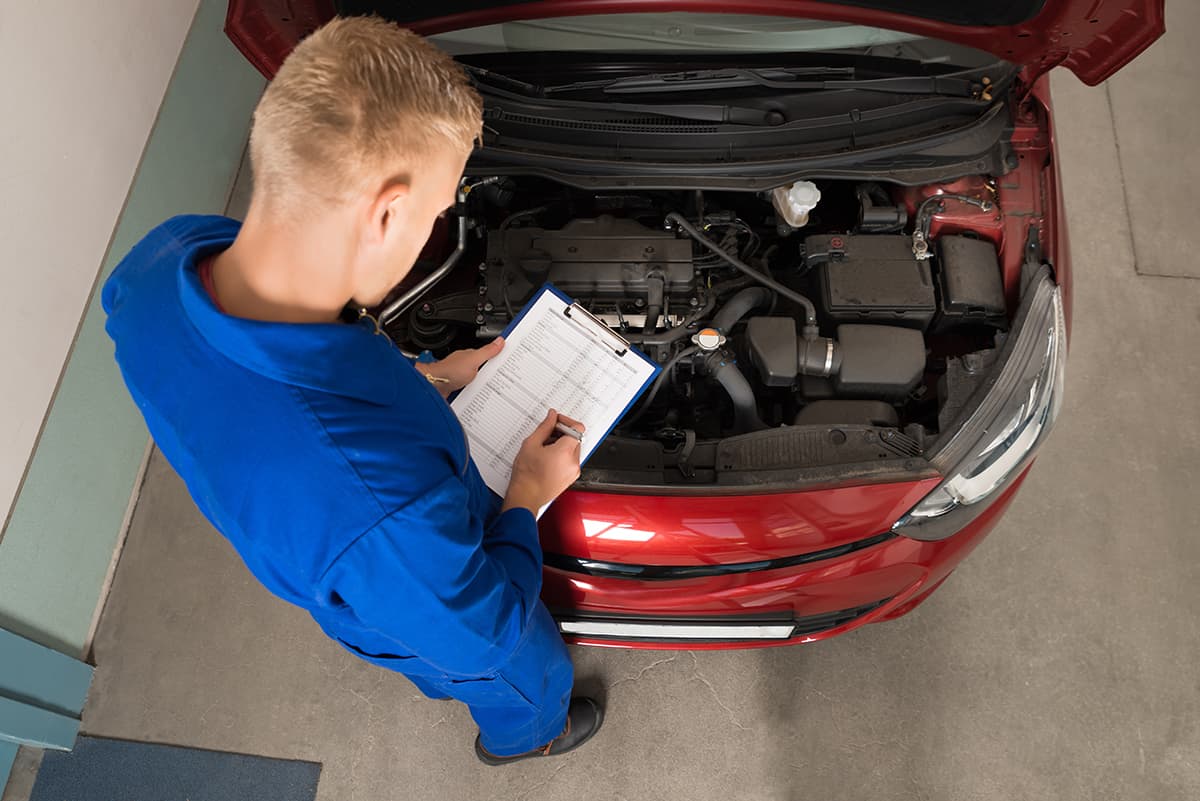
Wiring problems in a vehicle can range from minor issues that can be fixed at home to severe problems that require professional intervention. Identifying the nature of the problem and understanding when you can handle it yourself or when it’s time to call a professional is critical.
Minor Wiring Problems and DIY Solutions
Some minor issues in your car’s wiring system can be fixed at home with a basic understanding of the car’s electrical system and the right tools. Here are some common problems and their DIY solutions:
- Blown Fuses: If a device in your car stops working suddenly, a blown fuse might be the cause. Replacing a blown fuse is relatively simple. Identify the problematic fuse in the fuse box using your car’s manual, remove it, and replace it with a new fuse of the same rating.
- Loose Connections: Connectors in the wiring system might become loose. You can rectify this issue by locating the loose connector, disconnecting it, cleaning it with a wire brush or contact cleaner, and reconnecting it firmly.
- Damaged Wire Insulation: If you notice a wire with damaged insulation but the wire itself is still intact, you can use electrical tape to cover the exposed area. Ensure the car is off when you do this to prevent any electrical shock.
When to Consult a Professional
There are situations where professional help is essential. Attempting to resolve these issues yourself can lead to more severe problems and even pose safety risks.
- Recurring Blown Fuses: If a particular fuse blows frequently, there might be a deeper issue like a short circuit. A professional mechanic can trace the circuit, find the cause, and repair it.
- Burning Smell or Signs of Overheating: If you notice a burning smell or see any signs of overheating in the wiring system, consult a professional immediately. These symptoms could indicate serious issues that could result in electrical fires.
- Major Modifications or Installations: If you’re planning to make major modifications or installations that affect the electrical system, it’s best to consult a professional. Incorrectly installing electrical devices can lead to severe wiring issues.
- Persistent Battery Drains or Starting Problems: If you face persistent issues with battery drain or starting the car, it could indicate a serious wiring problem. A professional can run a thorough check and identify the root cause.
